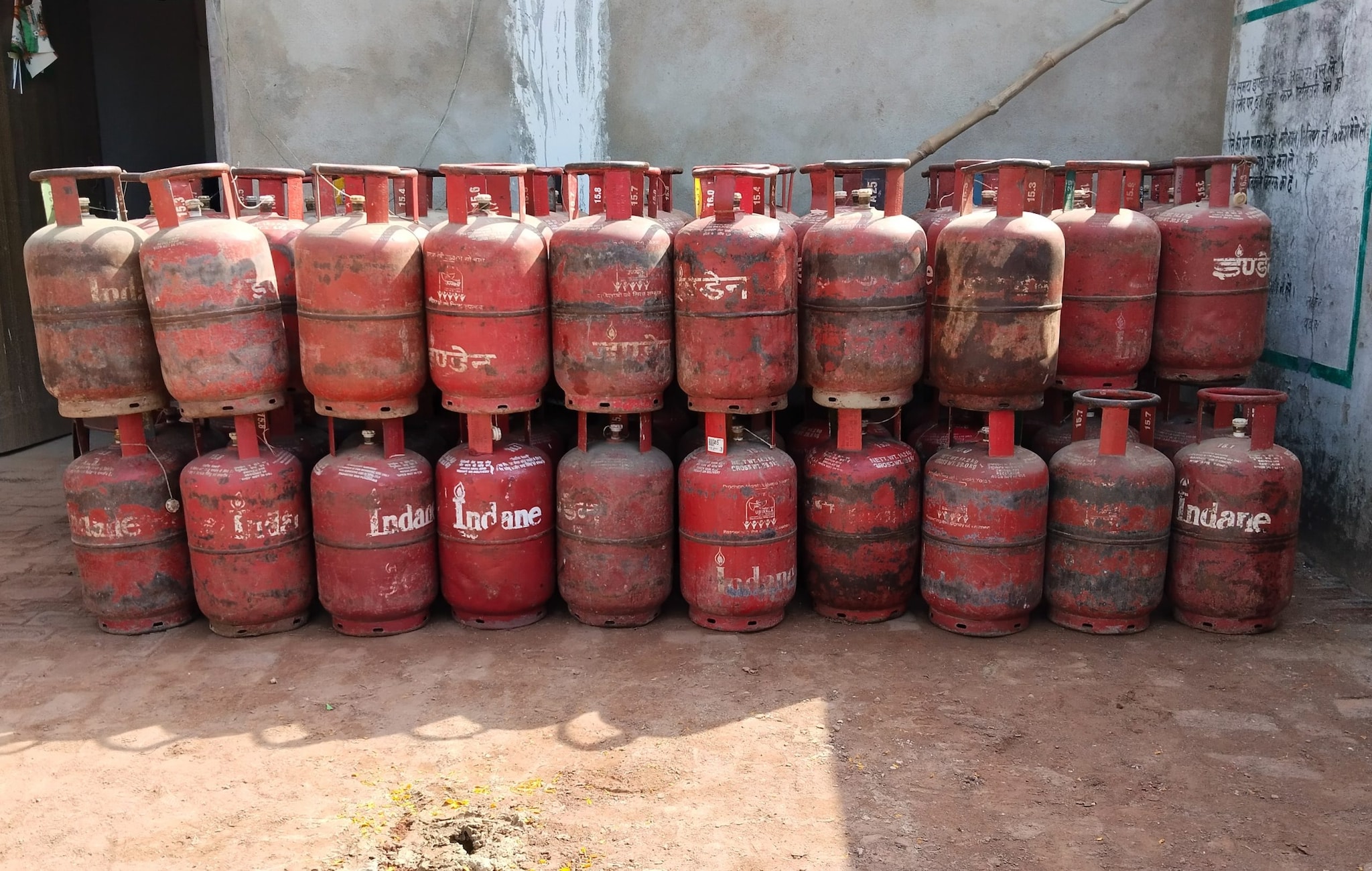Fears of a global trade war have dampened investor sentiments Selling pressure returned to the Pakistan Stock Exchange (PSX) amid concerns over a global trade war among investors, with the benchmark KSE-100 Index settling was a loss of nearly 1,400 points on Wednesday. Negative sentiments prevailed throughout the trading session, pushing the benchmark index to an intra-day low of 112,891.48.
At close, the benchmark index settled at 114,153.15, a decrease of 1,379.28 points or 1.

19%. Across-the-board selling was observed in key sectors including automobile assemblers, cement, chemical, commercial banks, oil and gas exploration companies, OMCs, power generation and refineries. Index-heavy stocks including OGDC, POL, PPL, PSO, SNGPL, SSGC, MCB, MEBL and UBL traded in the red.
On Tuesday , the PSX rebounded, driven by broad-based gains across various sectors, aligning with a positive global market trend. The benchmark KSE-100 Index increased by 623 points or 0.54% to close at 115,532.
43 points. Global stocks take a hit Internationally, major stocks indexes sank in Asia on Wednesday after President Donald Trump’s eye-watering 104% tariffs on China took effect, while a savage selloff in Treasuries sparked fears foreign funds were fleeing US assets. The US dollar fell against safe-haven currencies, but the onshore yuan hovered just above the lowest level since late 2007 as Beijing allowed the currency to depreciate further amid the sharp escalation in the trade war with US.
Few assets were spared the recession fears engulfing markets, with oil prices diving almost 4%. The pain is likely to spread to Europe too, with EUROSTOXX 50 futures pointing to a 3.7% drop upon open.
Both S&P 500 futures and Nasdaq futures dropped 1.6%. Overnight, Washington confirmed 104% duties on imports from China would take effect at 12:01am Eastern Time (0401 GMT), as planned.
That deadline passed without new developments on trade. The shifting headlines on tariffs and the spectre of a prolonged trade war between the world’s two biggest economies sparked sharp volatility in financial markets. The S&P 500 was swept up in one of the biggest reversals in at least the last 50 years, with the benchmark index losing 4.
2 percentage points from a positive start to a negative finish. The index has lost $5.8 trillion in stock market value, the deepest four-day loss since it was created in the 1950s.
MSCI’s broadest index of Asia-Pacific shares outside Japan dropped 1.9%. Other stock markets in Asia were also deep in the red.
Japan’s Nikkei tumbled 3.6%, after rallying 6% on Wednesday on hopes that Tokyo may get some trade deal with the US Taiwanese stocks also fell 4.6% even though the government activated a $15 billion stabilisation fund.
Analysts at JPMorgan believed the rapid escalation with US tariffs on China was disruptive enough to push the global economy into recession. This is an intra-day update.
Selling returns to bourse, KSE-100 settles 1,400 points down

Selling pressure returned to the Pakistan Stock Exchange (PSX) amid concerns over a global trade war among investors, with the benchmark KSE-100 Index settling was a loss of nearly 1,400 points on Wednesday.Negative sentiments prevailed throughout the trading session, pushing the benchmark index to an intra-day low of 112,891.48.At close, the benchmark index settled at 114,153.15, a decrease of 1,379.28 points or 1.19%.Across-the-board selling was observed in key sectors including automobile assemblers, cement, chemical, commercial banks, oil and gas exploration companies, OMCs, power generation and refineries. Index-heavy stocks including OGDC, POL, PPL, PSO, SNGPL, SSGC, MCB, MEBL and UBL traded in the red.On Tuesday, the PSX rebounded, driven by broad-based gains across various sectors, aligning with a positive global market trend. The benchmark KSE-100 Index increased by 623 points or 0.54% to close at 115,532.43 points.Global stocks take a hitInternationally, major stocks indexes sank in Asia on Wednesday after President Donald Trump’s eye-watering 104% tariffs on China took effect, while a savage selloff in Treasuries sparked fears foreign funds were fleeing US assets.The US dollar fell against safe-haven currencies, but the onshore yuan hovered just above the lowest level since late 2007 as Beijing allowed the currency to depreciate further amid the sharp escalation in the trade war with US.Few assets were spared the recession fears engulfing markets, with oil prices diving almost 4%.The pain is likely to spread to Europe too, with EUROSTOXX 50 futures pointing to a 3.7% drop upon open. Both S&P 500 futures and Nasdaq futures dropped 1.6%.Overnight, Washington confirmed 104% duties on imports from China would take effect at 12:01am Eastern Time (0401 GMT), as planned. That deadline passed without new developments on trade.The shifting headlines on tariffs and the spectre of a prolonged trade war between the world’s two biggest economies sparked sharp volatility in financial markets.The S&P 500 was swept up in one of the biggest reversals in at least the last 50 years, with the benchmark index losing 4.2 percentage points from a positive start to a negative finish. The index has lost $5.8 trillion in stock market value, the deepest four-day loss since it was created in the 1950s.MSCI’s broadest index of Asia-Pacific shares outside Japan dropped 1.9%.Other stock markets in Asia were also deep in the red.Japan’s Nikkei tumbled 3.6%, after rallying 6% on Wednesday on hopes that Tokyo may get some trade deal with the US Taiwanese stocks also fell 4.6% even though the government activated a $15 billion stabilisation fund.Analysts at JPMorgan believed the rapid escalation with US tariffs on China was disruptive enough to push the global economy into recession.This is an intra-day update














